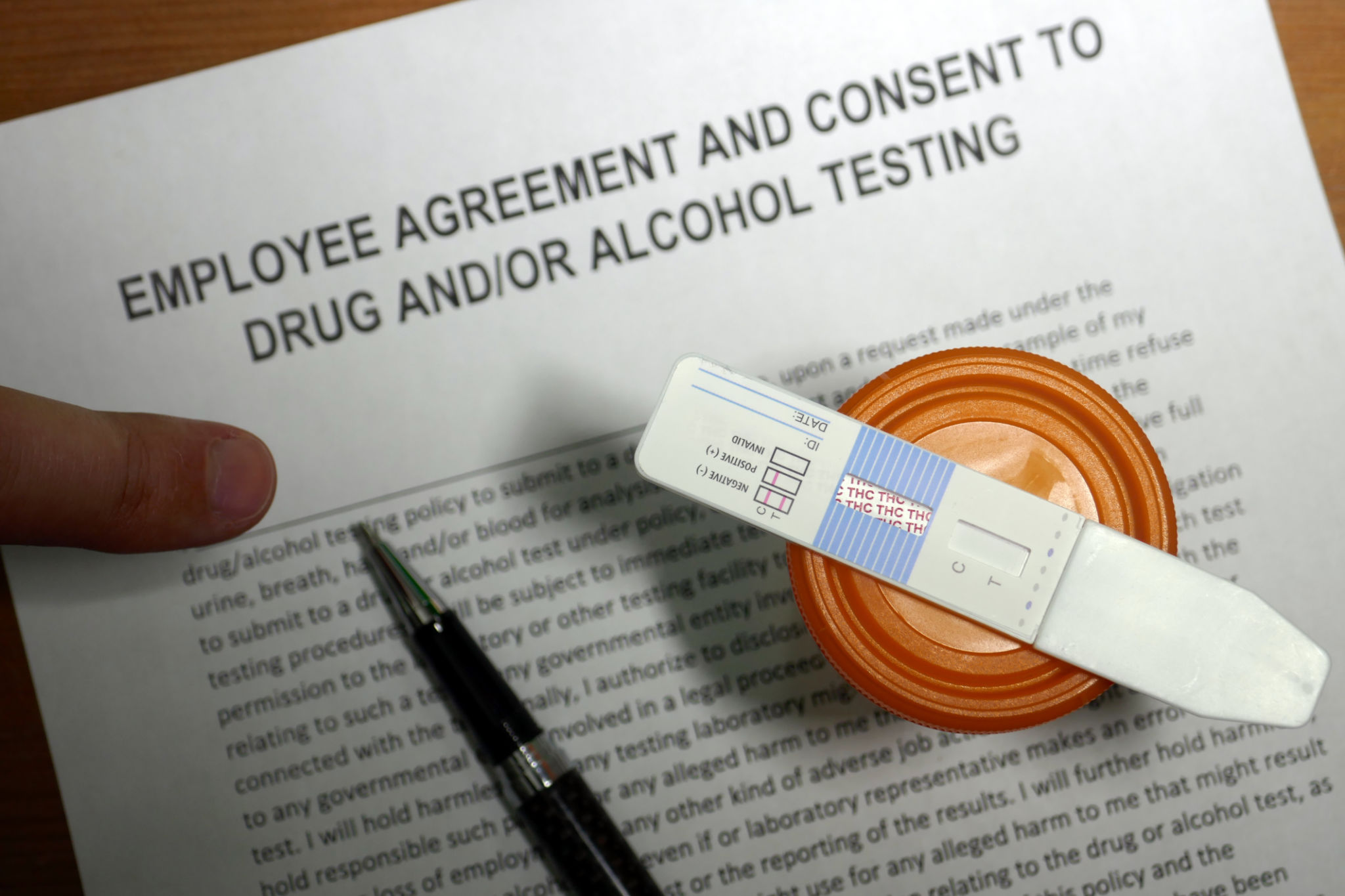Pre-Employment Drug Tests: What Employers Need to Know
Understanding Pre-Employment Drug Testing
Pre-employment drug testing is a crucial component of many hiring processes, helping employers maintain a safe and productive workplace. While it is a common practice, understanding its nuances can be challenging for employers. This guide aims to provide a comprehensive overview of what employers need to know about pre-employment drug tests.

Why Conduct Pre-Employment Drug Tests?
Employers implement drug testing to ensure that new hires are capable of performing their duties without the influence of drugs. This measure helps in reducing workplace accidents, increasing productivity, and maintaining a professional environment. Additionally, it protects the company from potential legal liabilities that could arise from drug-related incidents.
Types of Drug Tests
There are several types of drug tests employers can use, each with its own advantages:
- Urine Tests: The most common form of drug testing, urine tests are cost-effective and can detect a range of substances.
- Hair Tests: These tests can detect drug use over a longer period, providing a more comprehensive history.
- Saliva Tests: Ideal for detecting recent drug use, saliva tests are less invasive and provide quick results.

Legal Considerations
Before implementing a pre-employment drug testing program, it's vital for employers to understand the legal requirements. Laws can vary significantly by state and country, so it's essential to consult with legal experts to ensure compliance. Employers must also be aware of privacy rights and ensure that their testing procedures do not discriminate against any group.
Implementing a Drug Testing Policy
A well-drafted drug testing policy is essential for clarity and fairness. The policy should outline the types of tests used, the substances tested for, and the consequences of a positive test result. It's also important for employers to communicate this policy clearly to all job applicants during the hiring process.

Interpreting Test Results
Once drug tests are conducted, understanding the results is paramount. Employers should work with certified laboratories that provide reliable and accurate results. In cases of positive results, it is critical to have a process in place to confirm the findings and discuss them with the prospective employee before making any employment decisions.
Addressing Challenges and Concerns
Implementing pre-employment drug tests can pose challenges. Some candidates may feel that these tests invade their privacy or question their necessity. To address these concerns, employers should educate applicants about the benefits of drug testing and how it contributes to a safer workplace. Transparency in the process can help alleviate apprehensions.
The Role of Technology in Drug Testing
Advancements in technology have streamlined the drug testing process, making it more efficient and less invasive. Online platforms now allow for better scheduling and tracking of tests, while new testing methods continuously improve accuracy and reliability. Employers should stay informed about these technological advancements to enhance their testing programs.
In conclusion, pre-employment drug testing is an essential tool for ensuring workplace safety and productivity. By understanding the types of tests available, adhering to legal requirements, and implementing clear policies, employers can effectively integrate drug testing into their hiring processes while respecting the rights of potential employees.